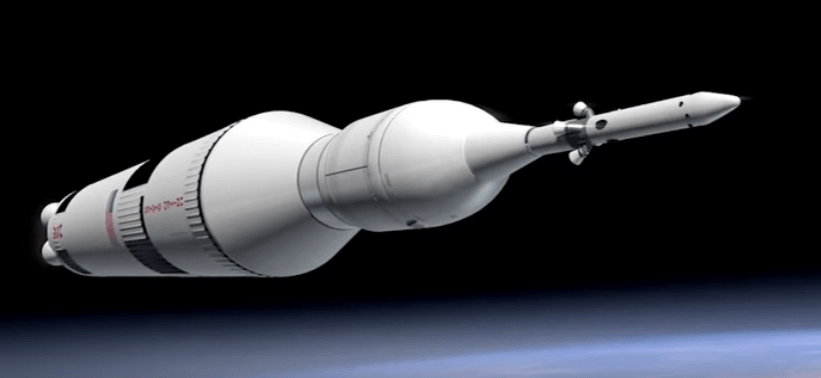
Pakistan appears to be rattled by India's announcement of an ASAT launch and the neighbour has asked the international community to condemn India's move. Islamabad even went on to say that it was time to formulate stronger and stricter laws to prevent the development of such weapons in the future.
The comment came after Indian Prime Minister Narendra Modi addressed the nation on Wednesday, March 27, and announced Mission Shakti. He revealed that India had successfully test-fired an anti-satellite missile and had shot down a live satellite. With this, India became the fourth country in the world after the US, Russia and China to possess the capabilities to take on and shoot down enemy satellites.
While this is quite a feat for New Delhi, Islamabad has slammed the test and said that every nation must act responsibly and work towards preventing an arms race in the space.
"Space is the common heritage of mankind and every nation has the responsibility to avoid actions which can lead to the militarisation of this arena," the Press Trust of India quoted Foreign Office spokesperson Mohammad Faisal as saying. He added that Pakistan was a "strong proponent of the United Nations resolution on Prevention of Arms Race in Outer Space."

Faisal even went on to say that with the satellite, India was preparing to search for and fight an "imaginary enemy." He then compared this to Don Quixote, who fought imaginary enemies in the novel by Spanish author Miguel de Cervantes. "Boasting of such capabilities (to destroy satellite) is reminiscent of Don Quixote's tilting against windmills," he said.
However, India has clearly said that it has no plans of entering into any kind of conflict in the outer space. "We have always maintained that space must be used only for peaceful purposes. We are against the weaponisation of Outer Space and support international efforts to reinforce the safety and security of space based assets," the Ministry of External Affairs said.
After the test was announced China too spoke of India's ASAT, but appeared quite cautious and clearly didn't take sides. and asked the neighbours to maintain peace and tranquility in the space.
Meanwhile, China itself is known to have tested its anti-satellite missile in January 2007 that had destroyed a defunct weather satellite. The nation is now said to have formed military units and providing specific training with ASAT missiles. China also hopes to deploy a ground later weapon by the year 2020 that will keep an eye on and target space sensors, reported the Economic Times.
The nation also plans to develop more ASAT missiles, that will target enemy satellites at a higher altitude.

















